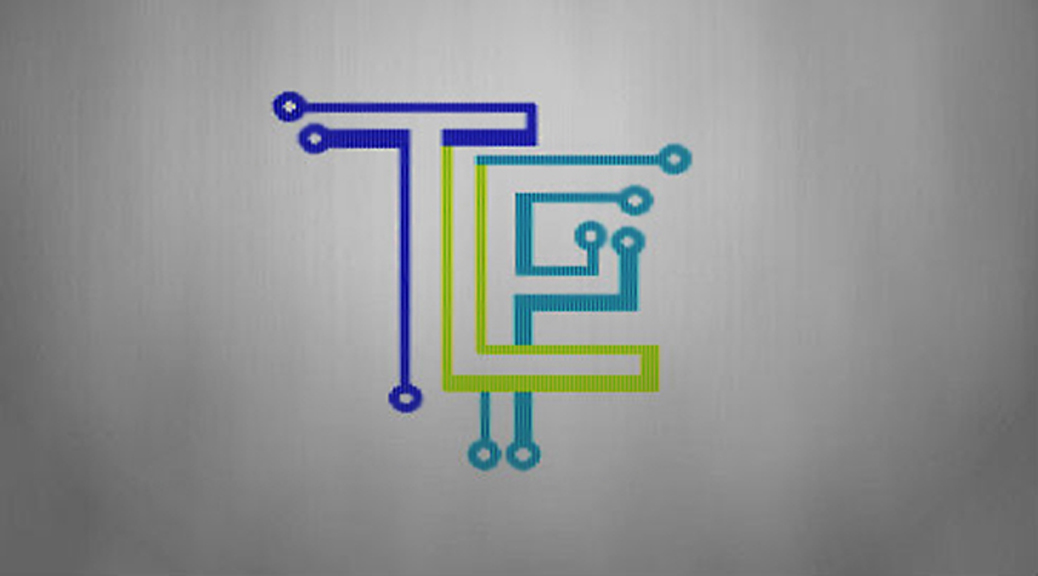December, 2014, has been the month when the Indian community received a multitude of shocks, one after the other and each one more powerful, on the issue of internet-related legal problems.
First, we had the lamentable Uber issue, which was followed by Airtel announcing (and later withdrawing) its VoIP-data plan, which violated Net Neutrality down to the first principle. This also inspired TRAI to work on a consultation on Net Neutrality. Soon after, we learnt that SoI had filed a case against Google for “displaying an incorrect map” of India. And just as the month was wrapping up, Airtel and Hathway accidentally blocked all of imgur rather than just a single image.
The biggest surprise of all, finally and unquestionably, came on New Year’s Eve itself, with the Government blocking 32 websites, apparently for hosting anti-India content from ISIS, and then unblocking four, namely, (gist) Github, Weebly, Vimeo and DailyMotion.
This was also the month where the ShammiWitness twitter account issue came to light, and some very interesting developments took place the cases on Sections 66A, 69A and 74 of the Information Technology Act.
December, then, has been quite the interesting month. We’ve covered the issues involved in the above disputes in detail earlier. Specifically, on the question of blocking websites, I’d refer you to my post here, and Veera’s post here. On the question of net neutrality, I’d refer you to my post here. We will be coming out with comments on the ShammiWitness issue and on Uber shortly.
But it is unarguable that the events of December 2014 have had an immense effect on internet regulation in India, the ripples of which we’ll be dealing with for some time yet. The sad part, though, is the fact that most of these changes seem to indicate that as far as the Internet is concerned we, as a country, are headed down exactly the wrong roads.
